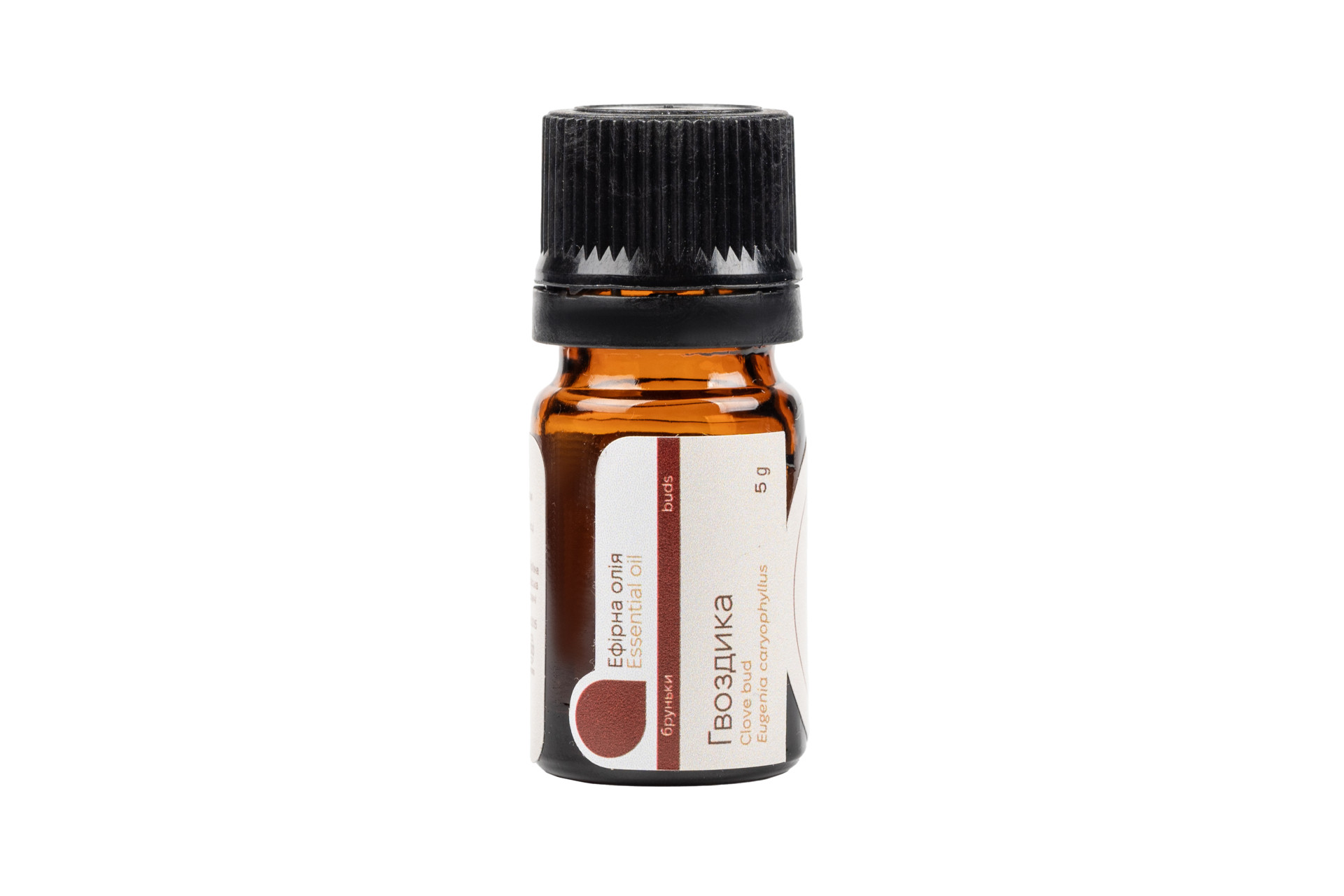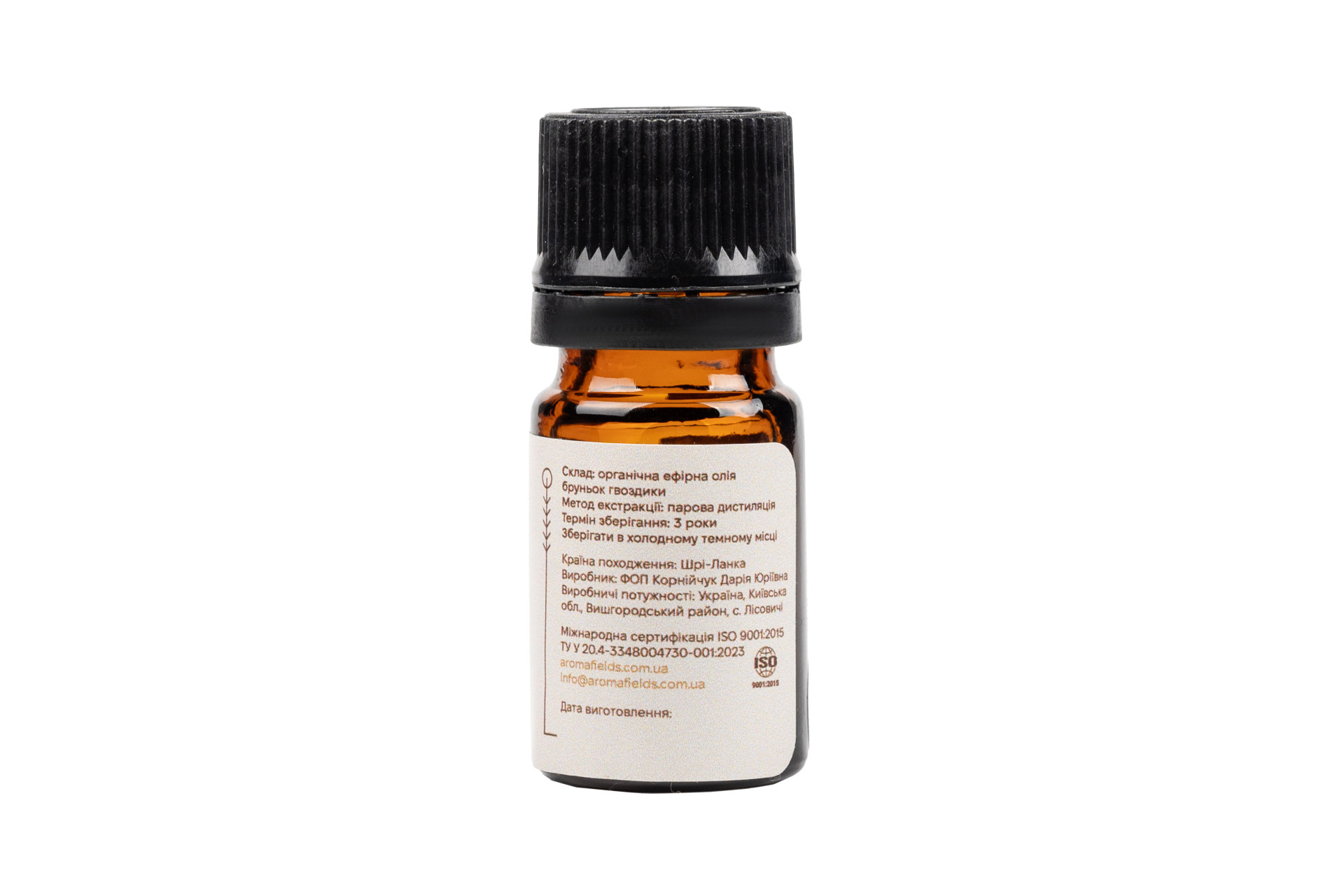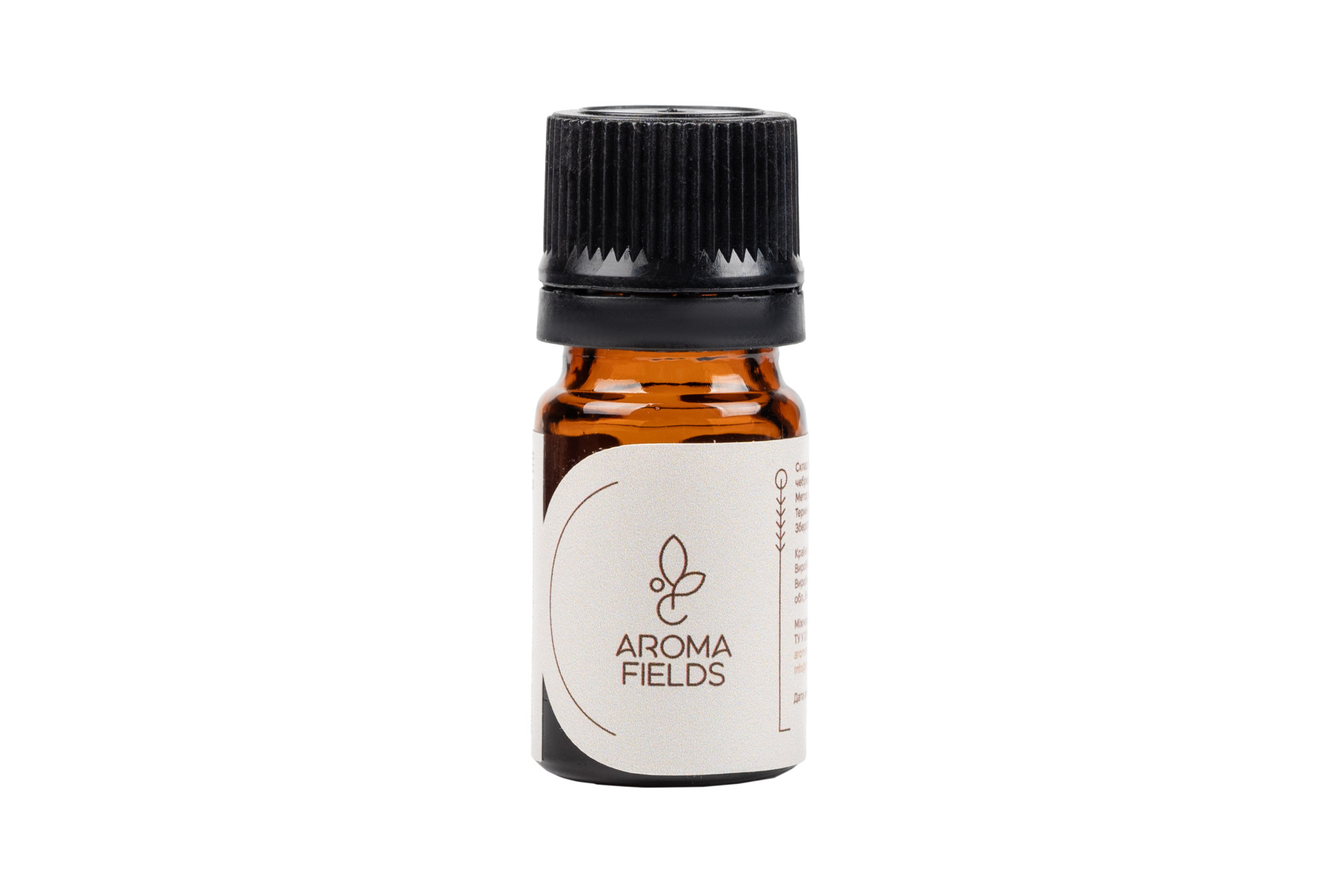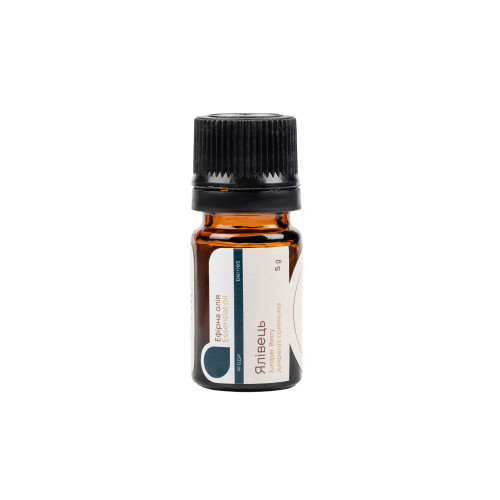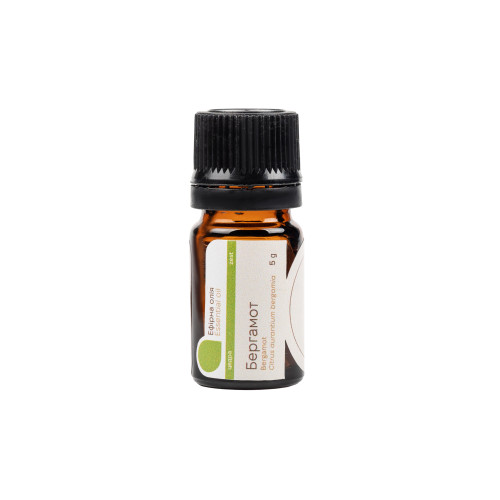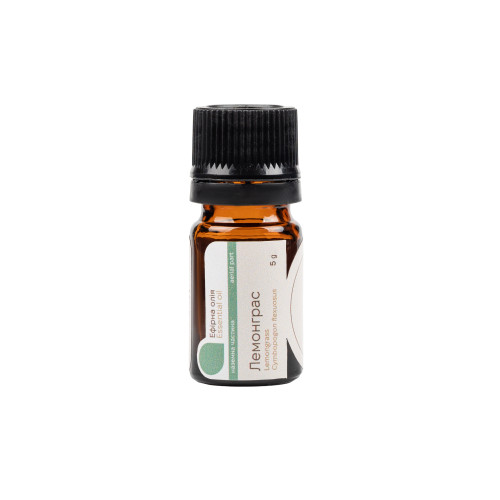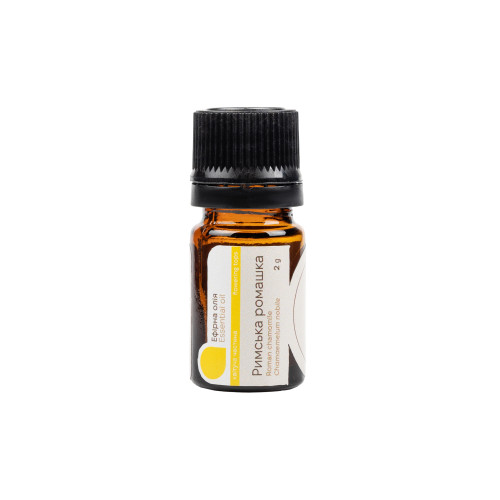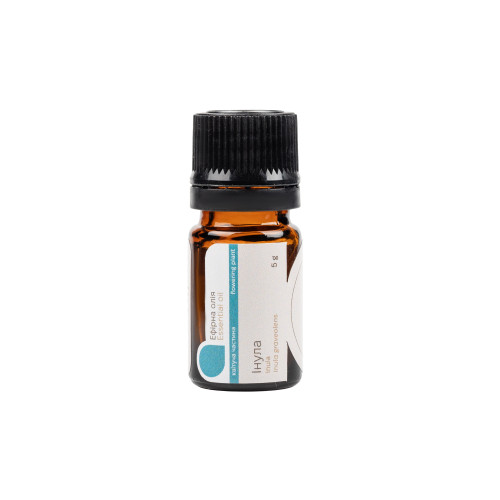Clove bud essential oil
-
390 UAH
In Stock
Clove bud essential oil is a powerful antiparasitic, antibacterial and antifungal agent with pronounced analgesic and antispasmodic properties. It helps relieve muscle pain, joint stiffness, dyspeptic disorders and inflammatory processes. It has a sharp spicy aroma and stimulates local immunity.
- Antiseptic
- Antiparasitic
- Antifungal
- Antibacterial
- Anti-inflammatory
- Spasmolytic
- Immunomodulatory
- Antiviral
- Tonic
- Anaesthetic
- Antiparasitic programs
- Fungal infections
- Bacterial infections
- Muscle spasms
- Joint pain
- Rheumatism
- Arthritis
- Dyspepsia
- Stomach cramps and spasms
- Skin application in diluted form (e.g. massage)
- Dry or steam inhalation
- Passive diffusion with a nasal inhaler
- Active diffusion in a waterless therapeutic diffuser
- Hand and foot bath in diluted form with honey and milk
- Oral rinse in diluted form with water and honey
- Cold or warm compresses
- Internal use in therapeutic doses according to indications
- Due to the high content of eugenol, it can cause severe skin irritation, so be sure to dilute this essential oil in a base oil at a concentration of no more than 1–2% before application
- Do not use on damaged or very sensitive skin
- Irritating to mucous membranes, when used in inhalations or mouth rinses, adhere to microdoses and ultra-low concentrations
- It is not recommended to take a bath with this essential oil
- Contraindicated for children under 6 years of age and pregnant women in the first trimester by any method of use
- Do not heat essential oil for diffusion, use only a waterless diffuser to spray essential oils
- Not recommended for use by nursing women, the elderly or people suffering from chronic diseases without consulting a specialist
- Internal use is not recommended without consulting a specialist
- Do not use essential oil for intravenous or intramuscular injections
- Do not apply essential oils directly to mucous membranes
- Do not drip essential oils in the nose, eyes, ear canal
- For people with a tendency to allergies or high sensitivity, perform a patch test before use
Plant: Clove / Clove Bud / Eugenia caryophyllus
Ingredients: 100% organic and therapeutic clove essential oil
Country of origin: Sri Lanka
Extraction method: Steam distillation
Part of the plant: bud
Aroma: intense, spicy, warm with bright notes of eugenol and a light woody note.
Expiration date: 3 years
Storage conditions: in a cool, dark place at a temperature not exceeding +25°C. Avoid direct sunlight and warm/hot surfaces. Do not expose to oxidation and air.
Clove bud essential oil is a powerful antiparasitic, antibacterial and antifungal agent with pronounced analgesic and antispasmodic properties. It helps relieve muscle pain, joint stiffness, dyspeptic disorders and inflammatory processes. It has a sharp spicy aroma and stimulates local immunity.
Natural Clove Essential Oil
Organic clove essential oil is not usually used in everyday aromatherapy, but it is best used in antiparasitic programs, massages, as its stimulating and analgesic effect relieves muscle pain, joint stiffness, sprains, arthritis and rheumatism, and also has carminative and antispasmodic properties, helping to relieve dyspeptic disorders, colic and stomach cramps.
Molecular composition and profile of clove bud essential oil
The main active component of the oil is eugenol (up to 70-85%), which determines its characteristic sharp spicy aroma and main therapeutic properties. In addition, the oil also contains cineole, β-caryophyllene, eugenol acetate and other terpene compounds that enhance anti-inflammatory, antimicrobial and antifungal effects.
Affinity with body systems
Clove bud essential oil has a high affinity with the mucous membrane of the oral cavity and respiratory tract, skin and gastrointestinal tract. It stimulates local immunity, relieves inflammation, and also acts as a natural antiseptic and analgesic.
Strengths: antiparasitic, antifungal, and antibacterial action
Antiparasitic activity: eugenol effectively destroys various parasites, including helminths and ticks.
Antifungal activity: the oil inhibits the growth of yeast fungi (Candida spp.) and dermatophytes, which makes it valuable in the treatment of mycoses.
Antibacterial activity: a wide spectrum of activity against gram-positive and gram-negative bacteria, including resistant strains, helps treat infectious processes.
Rules of use
Clove bud essential oil - due to the content of eugenol, clove essential oil must be diluted before application to the skin (recommended concentration - no more than 1-2%). Without proper dilution, the oil can cause severe irritation, burns, or allergic reactions.
Contraindicated for children under 6 years of age, pregnant women in the first trimester, and people with hypersensitivity to eugenol. Before use, be sure to conduct an individual tolerance test.
If you need a powerful and effective essential oil to treat infections, parasitic diseases, or to support immunity, clove bud essential oil will become an indispensable ally in your first aid kit.
You can buy clove essential oil on our website or on the brand's Instagram account.
Related Products
1 490 UAH
1 680 UAH
2 990 UAH

